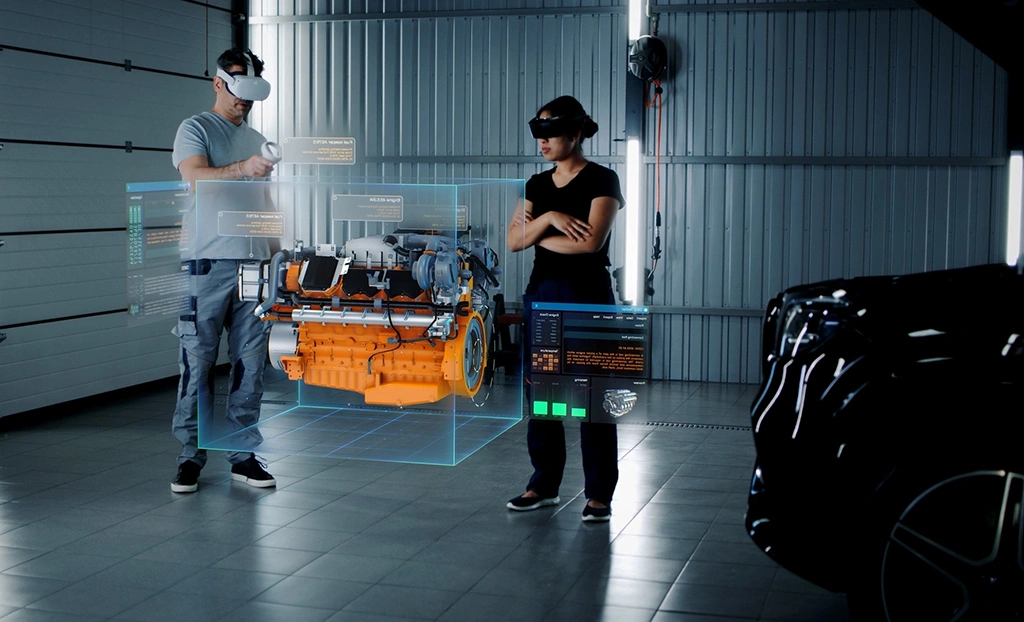Our Learning Solutions
A comprehensive suite of advanced software and specialized service to take training and learning to the next level. Traditional and digital learning made possible.

Extended Reality
We open a new world of training possibilities through simulated real-world experiences.

eLearning Solutions
TLN’s custom eLearning development is the best solution to help your learners truly absorb the training and apply the knowledge.

Instructor-Led Training
We design (V)ILT workshops that are collaborative and interactive to ensure an impactful learning experience.

Video & Motion Graphics
Engaging, effective full-service production from professionals who specialize in training.

Strategic Services
Watch your learning program excel with TLN’s expert guidance: from Needs Assessment to Curriculum Design workshops.


Products
Our selection of products encompasses a vast array of eLearning verticals. Some organizations might be looking for an LMS system, some might need a SaaS-specific software while others may need a more simple course authoring tool that is easily accessible with minimal training. Or, if creating your own course load sounds too demanding, maybe you need to outsource your needs to professionals who are experts in the field and happy to help create the platform you desire. Whatever your product need, we can satisfy any inquiry to make the world of eLearning simple, straight-forward and successful.
Achieve More
TLN is committed to helping businesses and organizations of all sizes overachieve and outperform when it comes to onboarding, training and certification. We provide learning solutions, innovative tools and technologies to meet your learning goals and solve your business problems.

10 Brandon Hall Group awards for excellence in education

7 Gold, 7 Silver, and 4 Bronze Horizon Interactive Awards for excellence in interactive media production

Jeanne Bentley Award from the Alzheimer Society of Calgary

Improve Outcomes: For Trainers and Learners Alike
TLN’s products, learning solutions and support services work together to help you smash your learning goals and business objectives.
TLN’s technology and service solutions help you develop and launch effective training programs faster and with fewer resources.
Our innovative learning solutions allow businesses and organizations to meet performance and productivity goals and make training their edge.
We remove the obstacles to learning. From full-service software evaluation and implementation to resources to help you expedite & optimize learning programs.
Why Us

Scientific Approach
Our approach revolves around employing the most current scientific methods to comprehend the intricacies of the human brain. We carefully analyze how the mind receives, retains, and comprehends information, optimizing it to enter, be memorized, and understood swiftly, efficiently, and for lasting impact.

The Best Educators
Our team comprises the latest generation of educators, equipped with up-to-date knowledge and embracing the most recent advancements in the learning industry. With this expertise, we ensure the best approach to learning and teaching practices.

The Best Minds in Technology
At our core, we house tech experts par excellence committed to integrating cutting-edge technology into the realm of learning, ensuring an unparalleled experience for our customers.
Employee engagement
Our courses are designed to significantly boost employee engagement, resulting in job satisfaction and involvement. By nurturing a culture of continuous learning, employees are more motivated and connected to their work.
Cost savings
Our tailored learning approach leads to substantial cost savings. By streamlining learning processes, minimizing errors, and optimizing performance, our courses contribute directly to your bottom line.
Time savings
Our efficient learning methods save valuable time. Employees acquire essential skills faster, allowing them to apply their knowledge promptly and contribute to your organization’s success.


